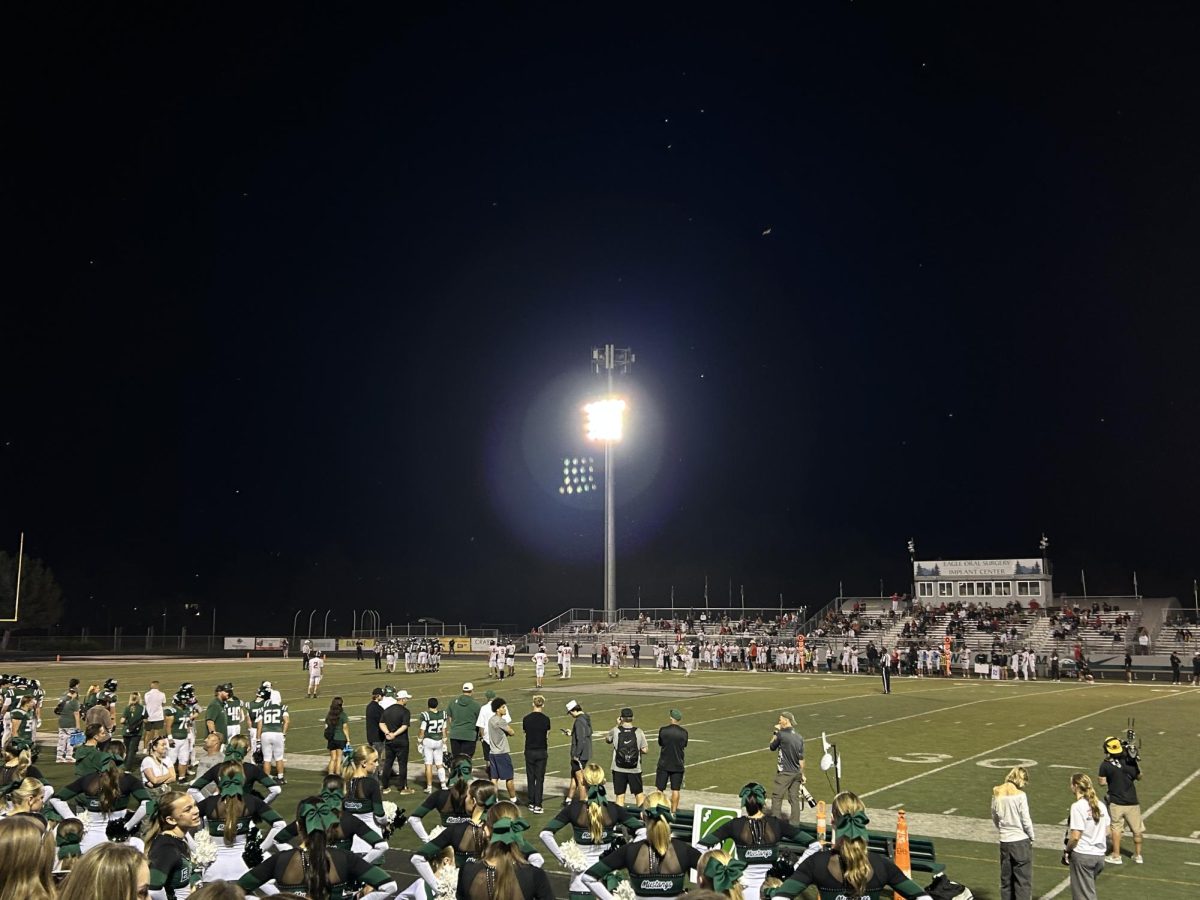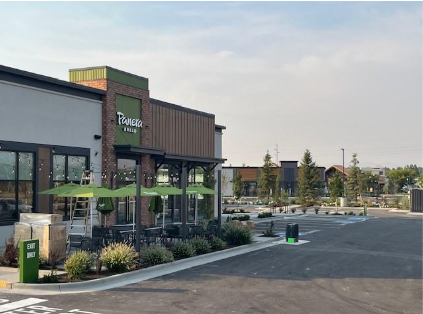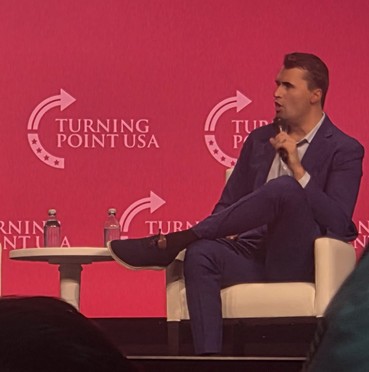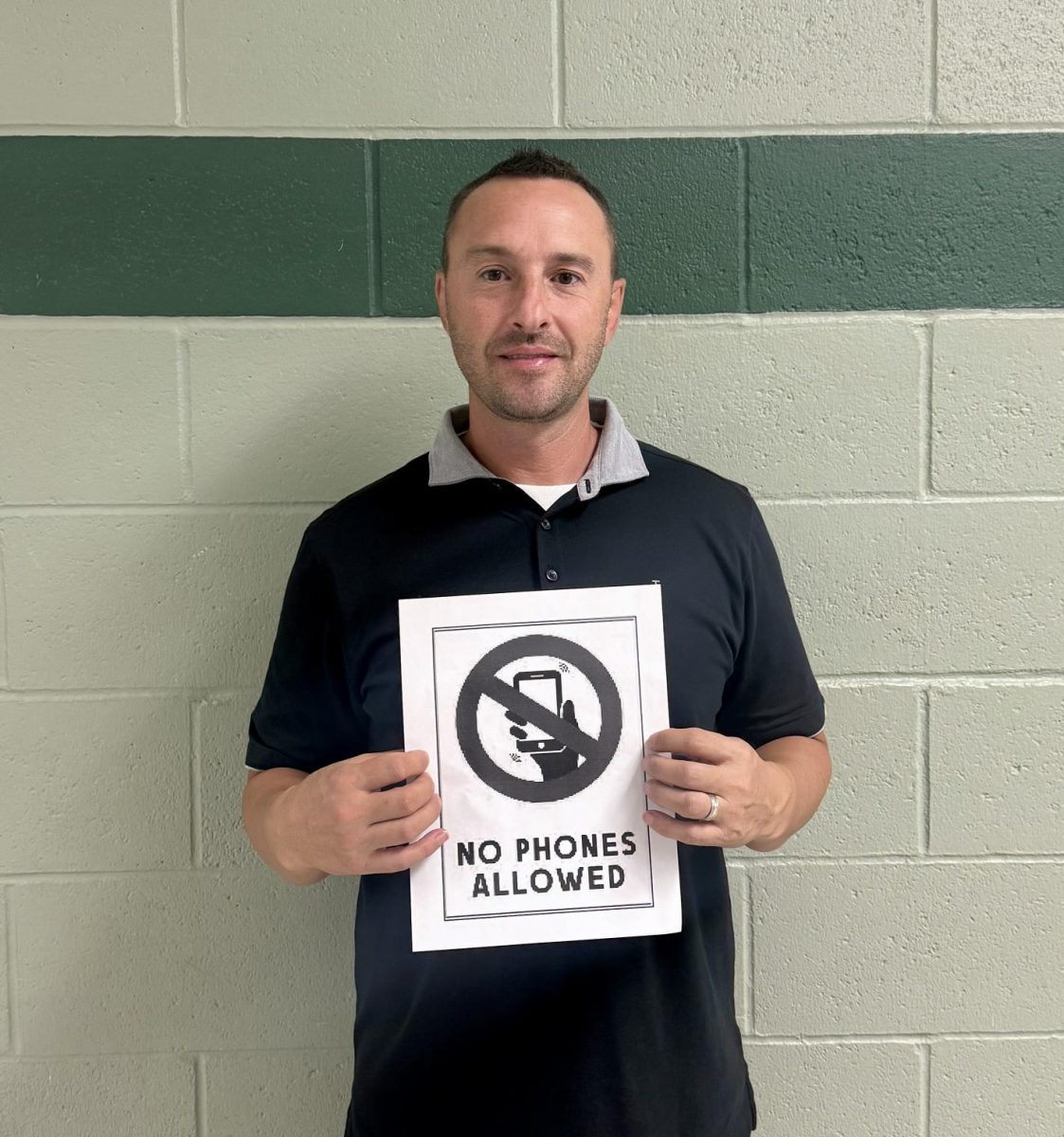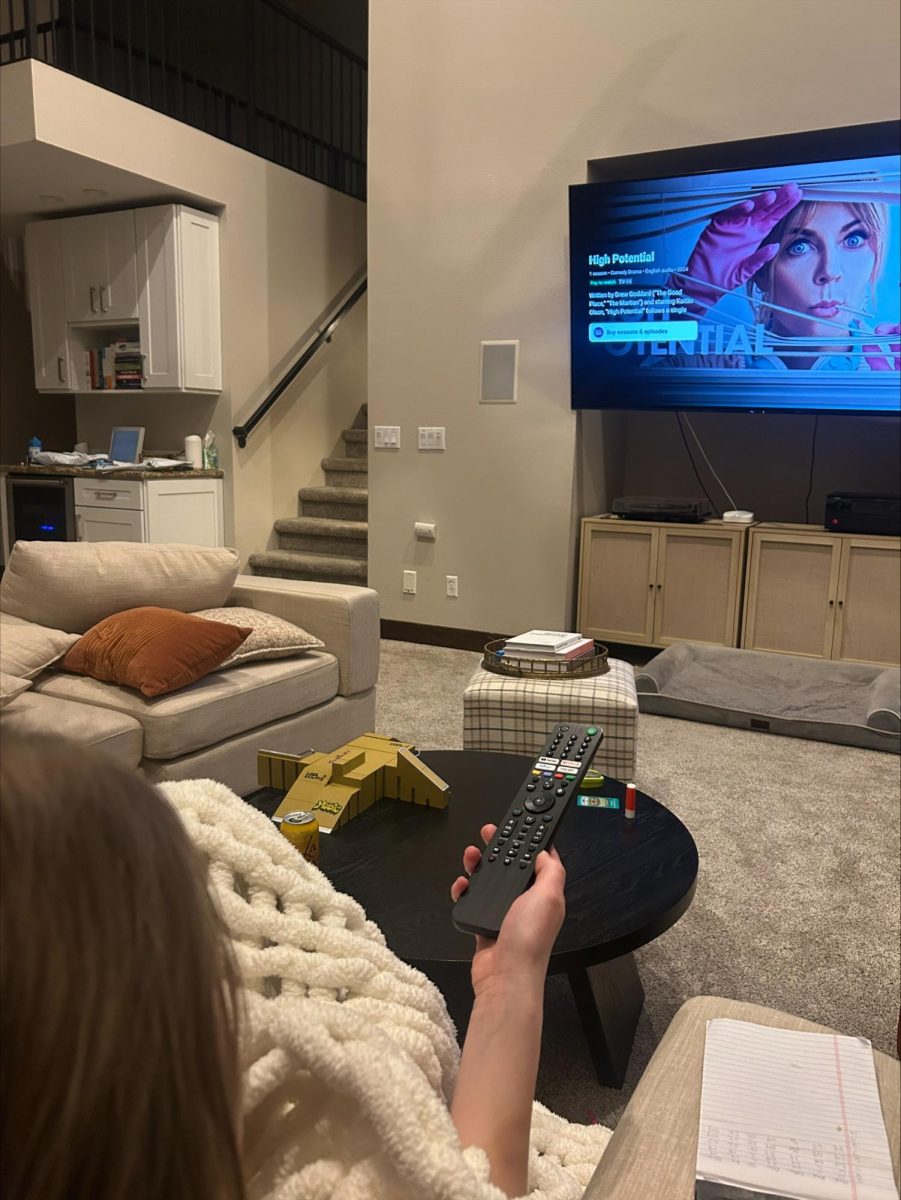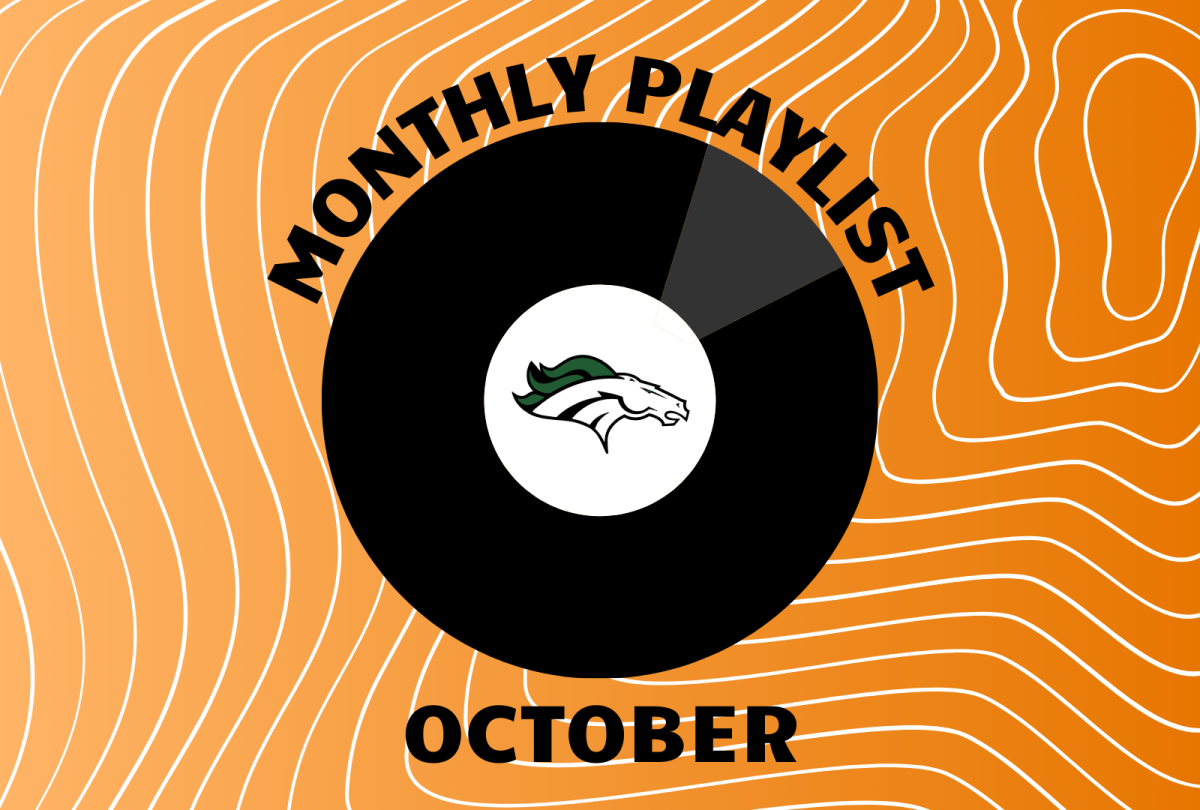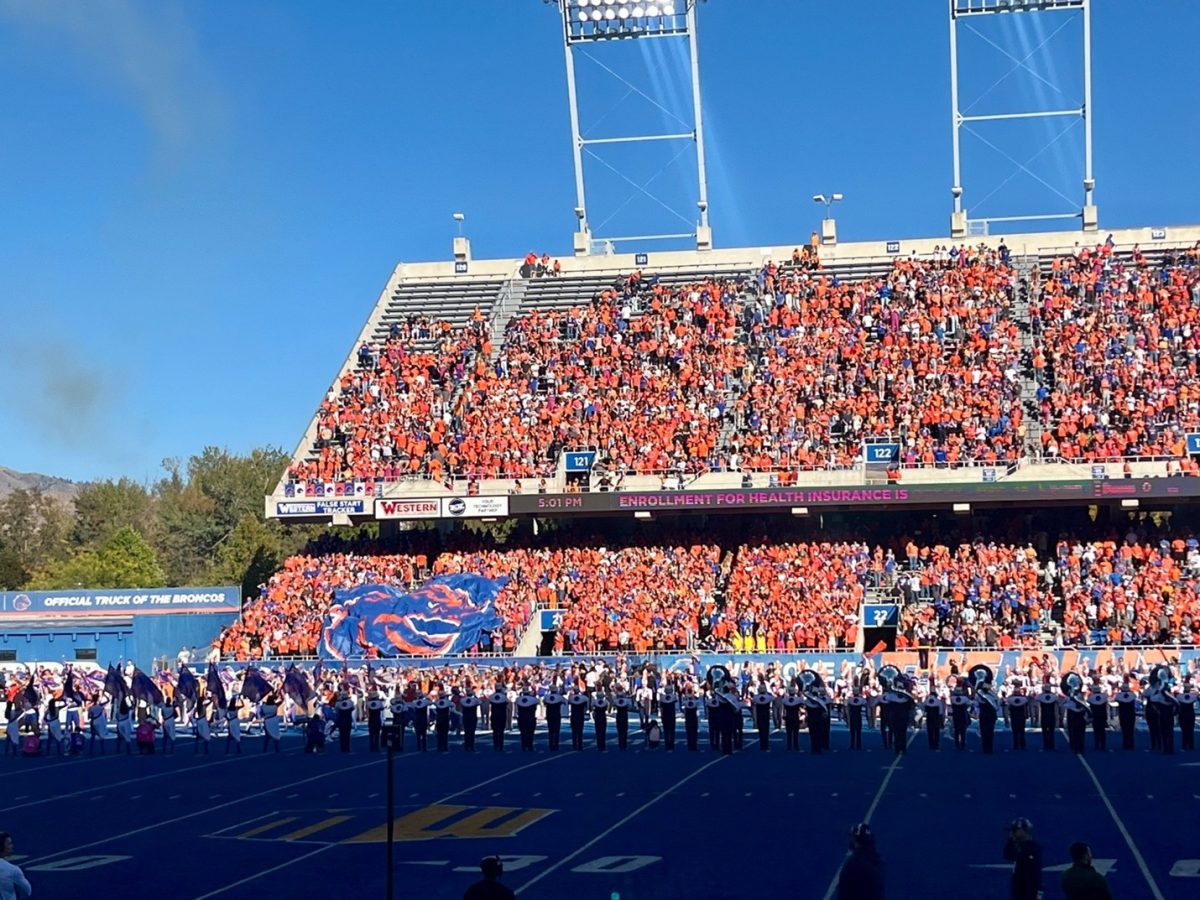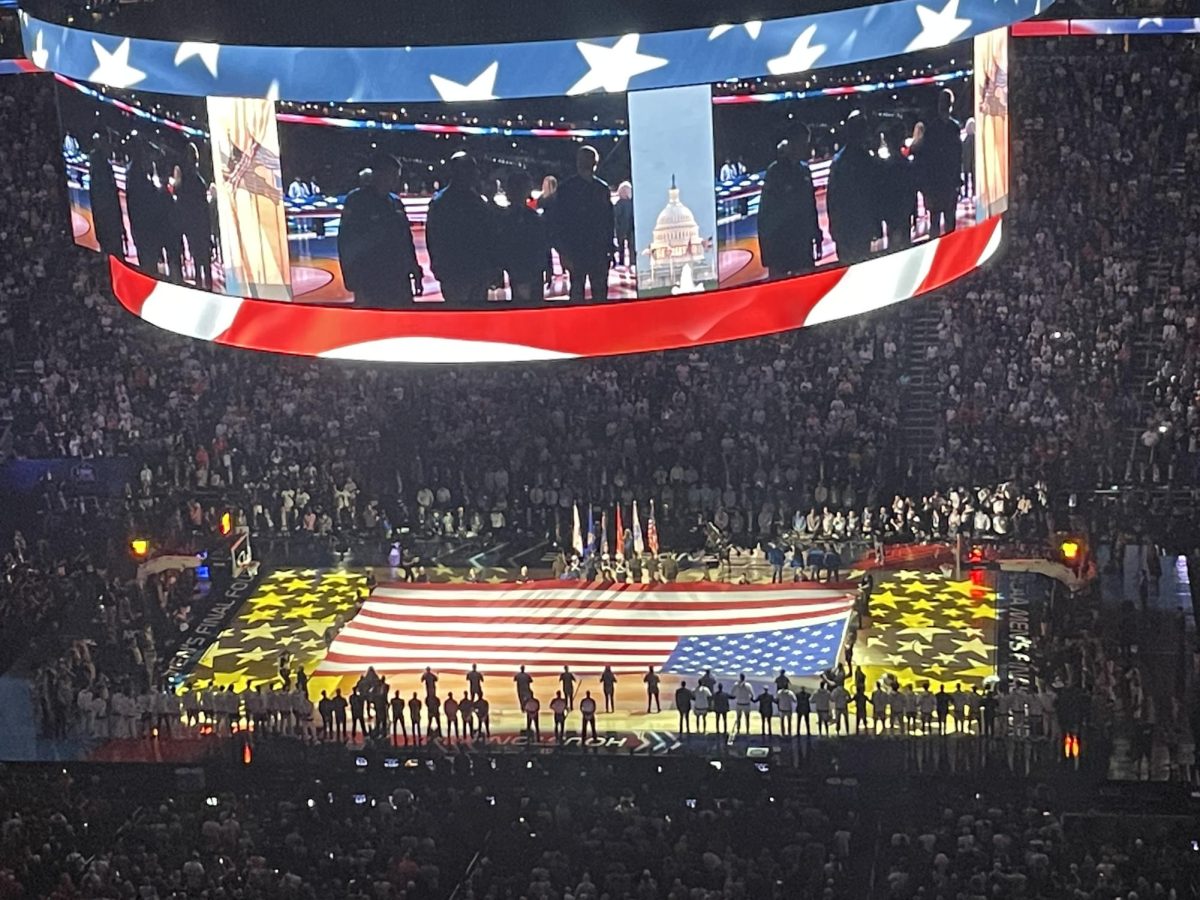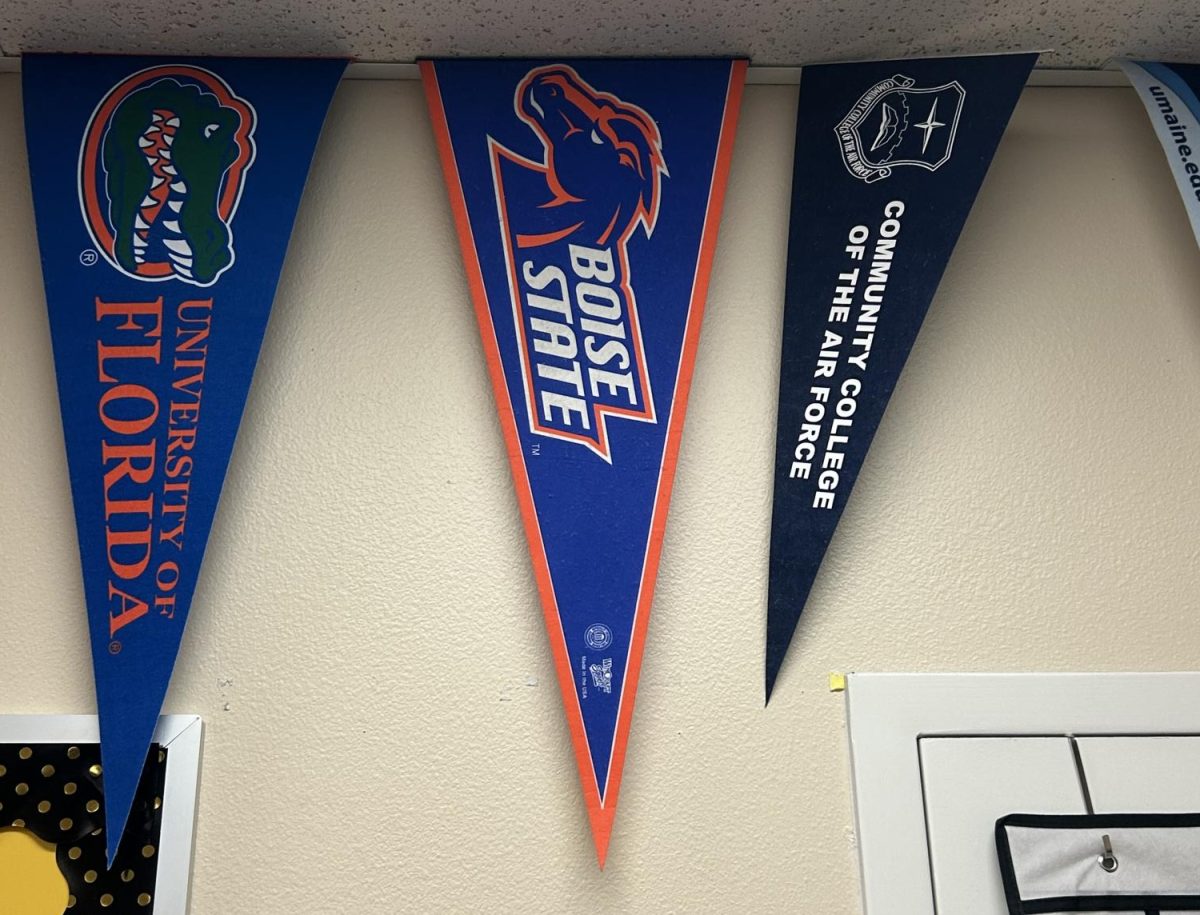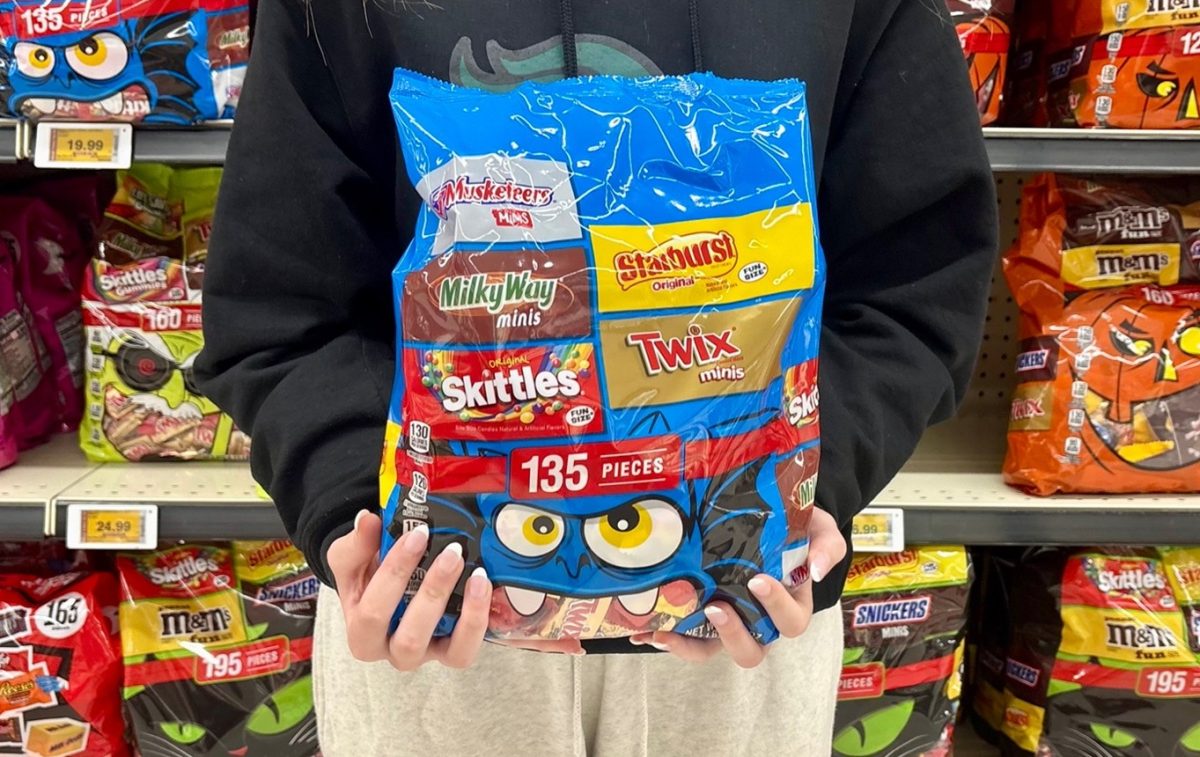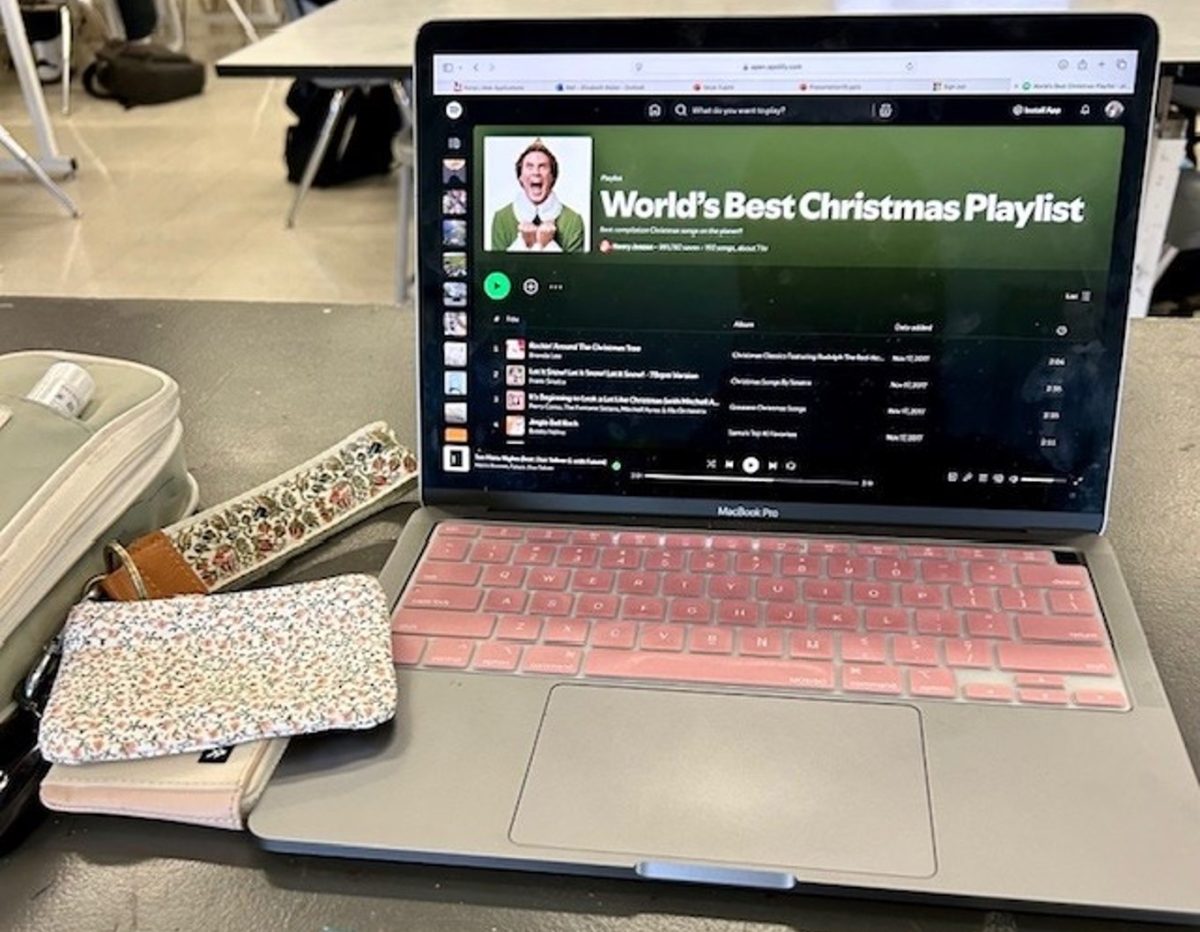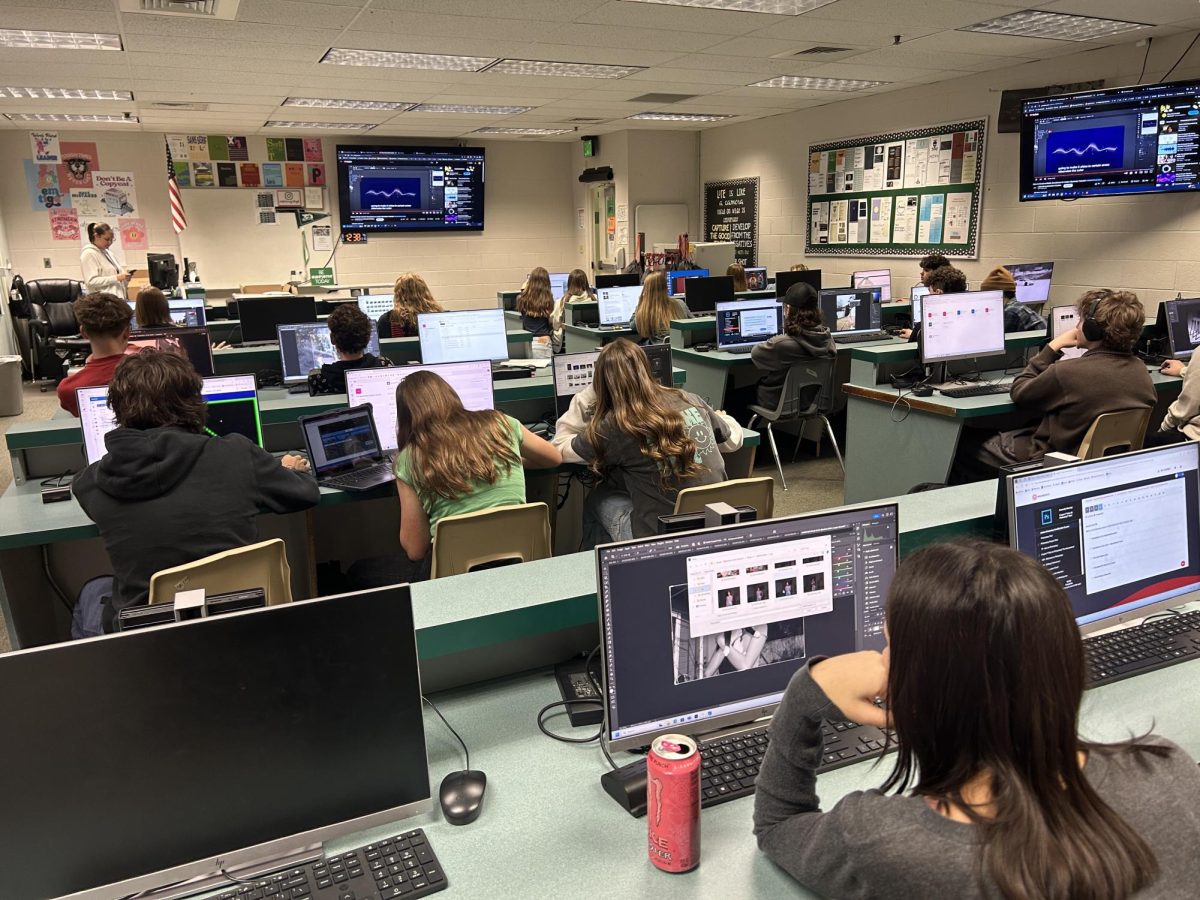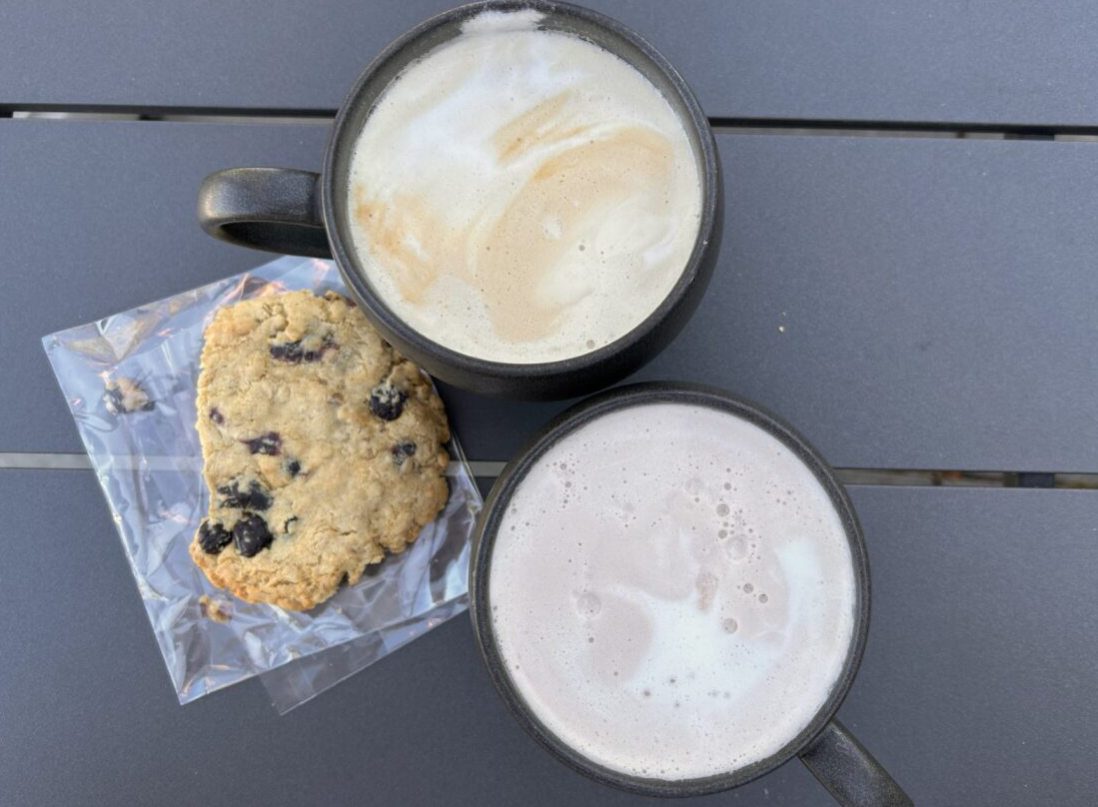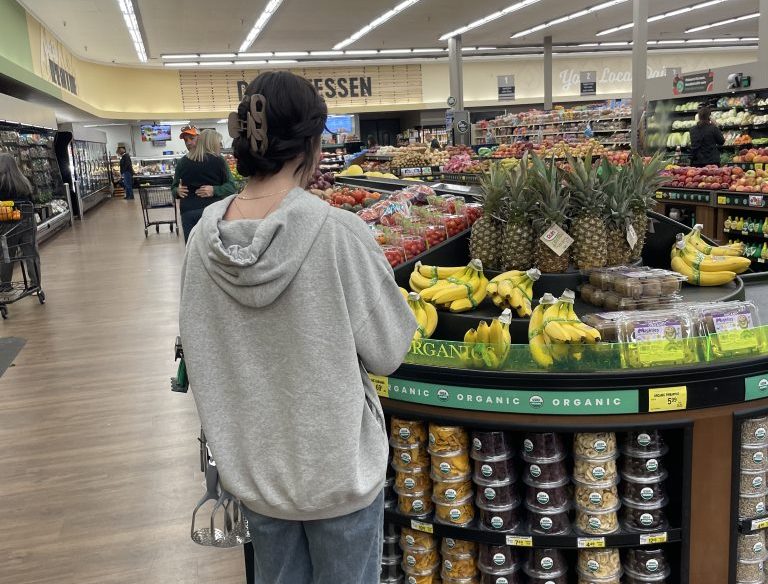Ship and dockworkers across the East Coast in ports like Boston, Maryland, Maine and more were striking for higher wages. They were on strike for around three days and caused delays in supermarkets that have taken weeks to unravel.
Dockworkers that are part of the International Longshoremen’s Association and the United States Maritime Alliance were striking for higher pay raises over the next few years for the workers with the post-Covid inflation of international shipped goods.
According to cnn.com, “The union had been willing to consider the $4-an-hour deal before the strike, union boss Harold Daggett said on the picket line outside the Port of New York and New Jersey early Tuesday, soon after the start of the strike.”
This led to a loss of shipped goods, specifically foods like bananas, mangoes, and other exotic or non-native vegetables and fruits. To compensate for the three-day shutdown, trucks had been going on to the property and were supplying workers with incentives to work on the weekends to ship out goods. The strike has been put aside until January of next year, provided that the contract they are working out does not fall through. If the contract goes into effect, it will give the workers a four dollar raise, on top of the base pay of 39 dollars. Additionally, there was talks for a four dollar per year increase for how long the contract is in effect meaning a total of a 62% increase over the proposed six years.
According to cnbc.com, “For every day of a strike, it can take up to a week to unwind the congestion and delays that build up within the supply chain. According to Everstream Analytics, this three-day all-out strike will likely take minimum three weeks to return to normal operations at U.S. ports.”
Should the contract fall through with the strikers, come January of next year, people should prepare to buy more vegetables and fruits from stores, and have a lot less fresh produce on store shelves. There is a lot of fresh produce being stored away already, but if the workers go back on strike, then after around six to eight months, some of people’s favorite fruits might be a bit more rare to see on store shelves. Managers and executives working at these ports obviously don’t want that, as a strike that could possibly last that long could potentially cripple the American economy.
The tentative deals now will save the economy later down the line. But since this has started, people should think more cautiously about how and where goods are sold. It’s not always as simple as a click or a tap on a screen.

